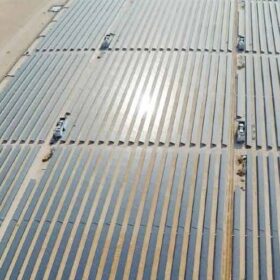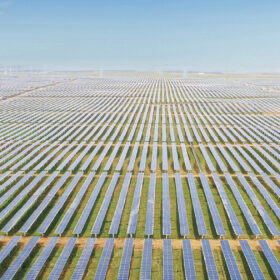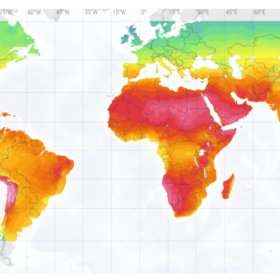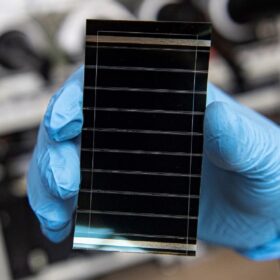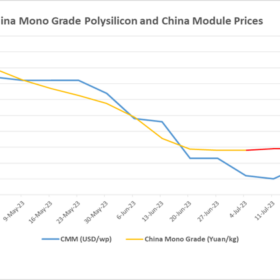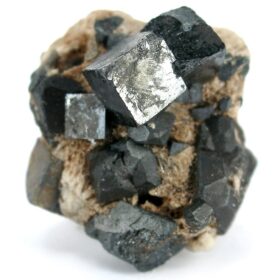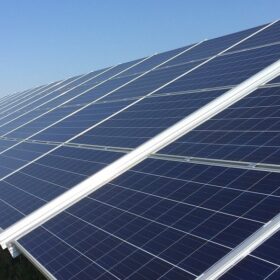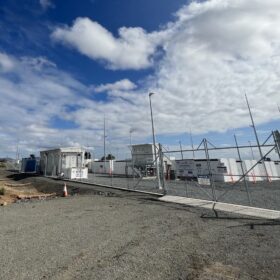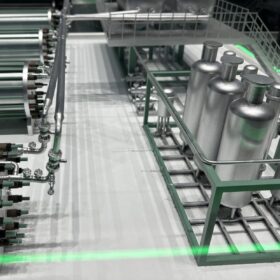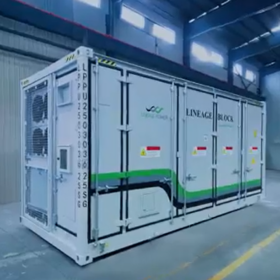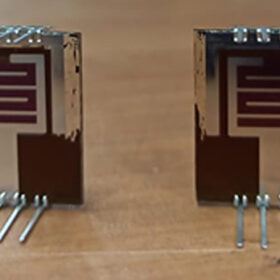Masdar wins Dubai’s tender for 1.8 GW solar farm
Masdar submitted the lowest bid of $0.0162154/kWh in the procurement exercise. The total capacity of the solar energy projects commissioned at the Mohammed bin Rashid Al Maktoum Solar Park has reached 2,427MW.
First Solar explores potential of quantum-dot solar modules
In a joint development effort with UbiQD, thin-film solar manufacturer, First Solar, is exploring the potential use of quantum dots in enhancing solar photovoltaics.
Top 5 solar inverter suppliers accounted for 71% of global shipments in 2022
Huawei, Sungrow, Ginlong, Solis, Growatt, and GoodWe emerged as the top solar inverter vendors in 2022, driving a significant portion of the year’s 330 GW (AC) of global inverter shipments.
New study claims PV industry is neglecting overirradiance issues
Overirradiance conditions may affect the operating performance of photovoltaic plants, the stability of the electrical grid, and the efficiency of inverters. A research team has warned these effects are currently not being given proper consideration by the solar industry.
U.S. startup to produce perovskite glass for tandem modules
Caelux secured series A funding to deploy perovskite glass that can be integrated with existing solar manufacturing processes to boost module efficiency.
Prices of China’s PV upstream segments rise, module prices hold steady amid bearish sentiments
In a new weekly update for pv magazine, OPIS, a Dow Jones company, provides a quick look at the main price trends in the global PV industry.
Biwatt unveils new residential sodium-ion batteries
Biwatt Power, a Chinese manufacturer, has developed new residential sodium-ion batteries with an efficiency rate of 97% and a projected lifespan of more than 3,000 cycles.
The Hydrogen Stream: Perovskites-based photoanodes for photoelectrochemical (PEC) water splitting
A research team has developed OHP-based photoanodes for photoelectrochemical (PEC) water splitting, minimizing the usual limitations. Meanwhile, China released its first hydrogen guideline, and Germany announced €18.6 billion for the hydrogen industry. Finally, a German company finds out that hydrogen trains are more expensive than battery-operated vehicles.
Bangladeh approves 50 MW solar project at $0.098/kWh
The Bangladesh Power Development Board (BPDB) has approved plans to build a 50 MW solar project in northwestern Bangladesh. The installation will sell power to the BPDB under a 20-year power purchase agreement (PPA) at a rate of $0.098/kWh.
Batteries overtake pumped hydro in Australia’s National Electricity Market
Grid-scale battery storage systems have surpassed the charging capacity of pumped hydro in Australia’s national grid, following the recent completion of two new battery projects, totaling 150 MW.
